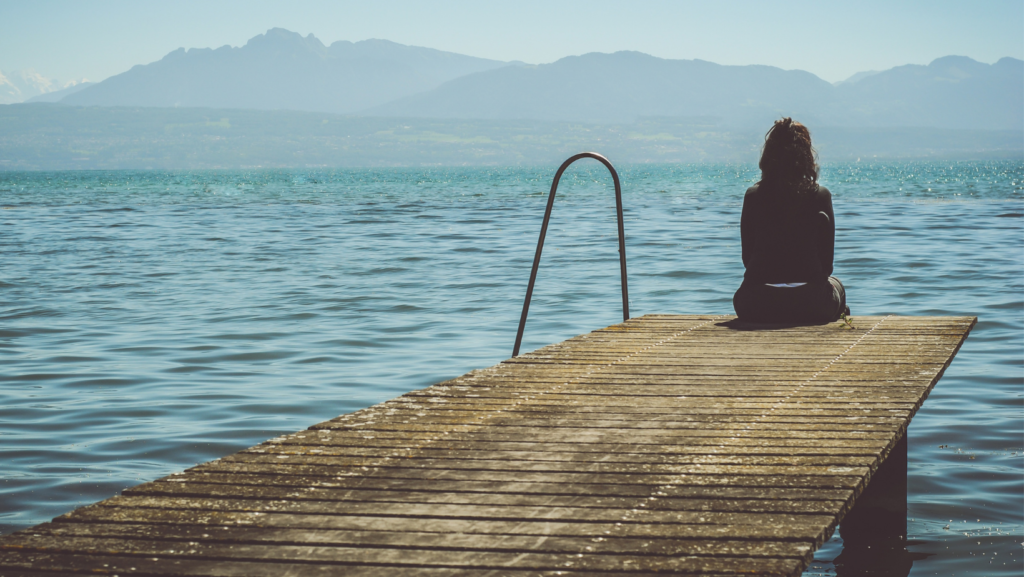We are inherently social creatures whether we like it or not. We are built for and through connection. From the moment we are born to our very last breath, we need other people physically, emotionally, spiritually, and intellectually. But what will happen in a world where lock downs have become the new norm? What are the dangers of social isolation? How… in this new and overly complicated environment can we navigate loneliness?
Built for connection
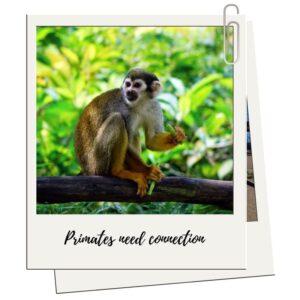 Babies need more than just nutrients, they need love. When infant Rhesus monkeys were given the ultimatum of a warm body without sustenance, or milk but no warmth, they choose the warm body. This changed the way we thought about connection. Potentially flipping Maslow’s Hierarchy of needs by placing a sense of connection before anything else. Adults and children can not thrive without social connection, it is as vital to us as food.
Babies need more than just nutrients, they need love. When infant Rhesus monkeys were given the ultimatum of a warm body without sustenance, or milk but no warmth, they choose the warm body. This changed the way we thought about connection. Potentially flipping Maslow’s Hierarchy of needs by placing a sense of connection before anything else. Adults and children can not thrive without social connection, it is as vital to us as food.
In ‘Loneliness’ by John Cacioppo, he sums it up beautifully when he states “Happiness for the human species demands connection.”
The dangers of social isolation
The trouble with being lonely isn’t loneliness itself. Feeling disconnected, isolated and lonely are often the precursor to greater social and emotional issues. When we experience loneliness, it seems to cascade in a downward spiral which can lead to:
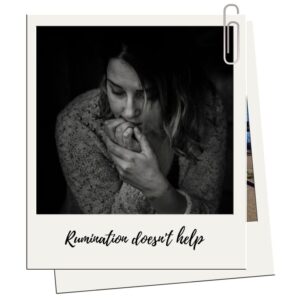
- More negative judgements of other people’s actions and intentions,
- Inability to accurately read social cues and respond appropriately,
- Increased anxiety in social situations,
- Greater rumination on social interactions and overthinking of relationships,
- Reduced ability to trust others,
- Decreased social skills in making, maintaining and navigating relationships and
- Diminished prosocial behaviours (doing things for others).
Think on the list above, it’s easy to see how loneliness can become a menacing trap. When we feel lonely, we become more likely to distance ourselves, feel negatively judged and negatively judge others in return. It makes sense that these type of thoughts and actions lead to less positive social interactions and create a negative loop straight back towards loneliness.
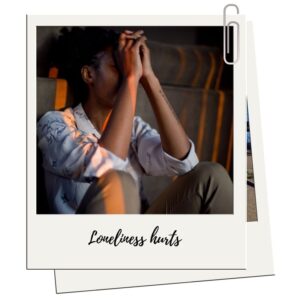 Navigating loneliness
Navigating loneliness
The science, while not commonly known, is startlingly clear. We need human connection like we need air. Without it we merely exist, never tapping into our full potential or finding real contentment.
There are many ways we can navigate loneliness and become more prosocial. Here are a few ideas you can play with.
- Smile more often. This is something I think most people have missed with lock downs. Just walking into the shops, getting into a lift, standing in a queue, driving down a country road, waiting for the kids … the opportunities to connect with other humans used to be endless. Now however, it’s a little harder to find people to smile at. However, the smile is the oldest, simplest form of connection we have. It costs little but gives everything. If you’re in a tight lock down, make a habit of going to the letter box when your postie comes by. You could try walking the same route every day for a week and smiling at everyone that passes. In no time, you’ll feel more connected and like you’ve injected a little good into your community too.
- Be prosocial by finding simple ways to help the people around you. You might phone an Aunt living on her own, introduce friends with common interests, ask after a colleagues sick daughter or share some pictures of a recent bushwalk. All these simple things create a sense of connection; A feeling for the other person that “someone cares about me.” In this current climate, that is literally worth more than gold.
- Become a positive deviant. If you’re feeling a little more brave, creative, or adventurous, you can really add some positive energy into our world. Doing random acks of kindness for neighbours or complete strangers gives you a profound sense of connection that quickly drowns loneliness. Sometimes when I’m travelling and I feel a little lonely or disconnected, I’ll go to a café and pay for a strangers coffee or pop coins on the washing machine with a kind note. I always do it anonymously, but the buzz I get from knowing someone else is going to get a free coffee or free laundry makes me feel like I’ve lifted someone else’s spirits and possibly made them feel like the world is a good place.
- Take note of two relationships in your life that you will commit to protect, enable and nurture. Having these two people clear in your mind will help you to use your time and energy wisely. We often feel overwhelmed with the number of social connections we’re expected to maintain (particularly if you’re on social media). Gaining clarity on the two most important people simplifies things greatly. Make a little time each day to reach out to these two people with a text, call or email. Just letting others know you’re thinking about them gives them a big emotional boost.
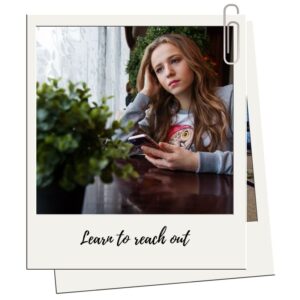
- Lean in when times are good and lean in when times are bad. John Gottman’s research, after studying married couples for over 40 years, found that couples who remained married and we’re more satisfied with their relationships had one common practice in common; They leaned in. Think about going to bed with your partner. When you’re feeling connected and loving, you roll over towards them, leaning into the relationship. But, when your feeling cranky, disappointed, or frustrated, we tend to roll the other way, showing them our back, and our unwillingness to connect. Gottman’s research suggests that leaning in, not just in the bedroom, but throughout relationships in general, always leads to a more positive outcome.
- Embrace para-social relationships with a little caution. These are the relationships you’ve formed with your animals, special places you visit, pictures, books or even characters on your favourite tv show. Personally, I have strong connection to my books. I feel like they provide me with sustenance, escape, knowledge and rest… and they give me a strong sense of meaning and connection too. Weird? OK, a little, but be honest, we all do it to some extent. It might be your dog, the wattle tree in the back yard, a favourite photo you speak to or binging on netflix when navigating loneliness. These para-social relationships are important, we just need to ensure they don’t grow to replace our actual relationships as can happen with gaming addictions and cat collections.
Evolution has shaped our minds to feel safe with others and unsafe when we feel disconnected. Loneliness is an internal signal that we are in danger of being left behind by the tribe. Just as hunger tells us it’s time to eat, loneliness tells us it’s time to reconnect. Isolation is as much, or more of a threat as starvation and is designed to make us reach out to others and rekindle relationships and a sense of belonging.
The true antidote to navigating loneliness is to begin to genuinely care for others with compassion and kindness. If you hone your ability to make friends and nurture relationships, you’ll never be lonely regardless of where your travels may take you.

